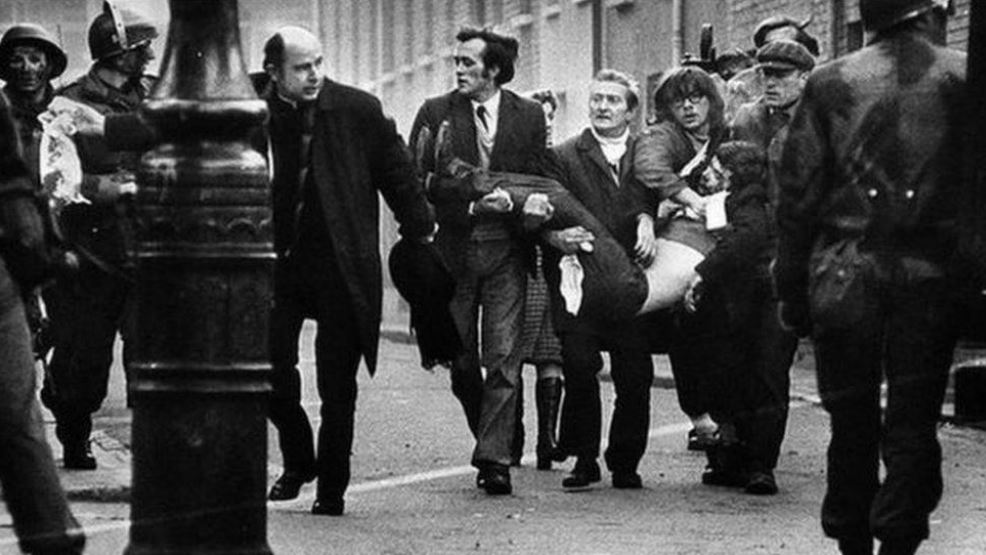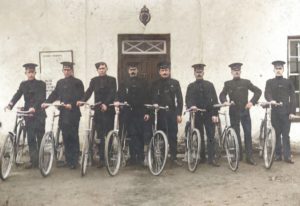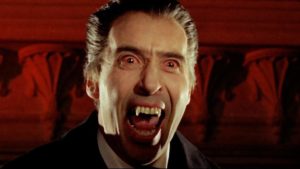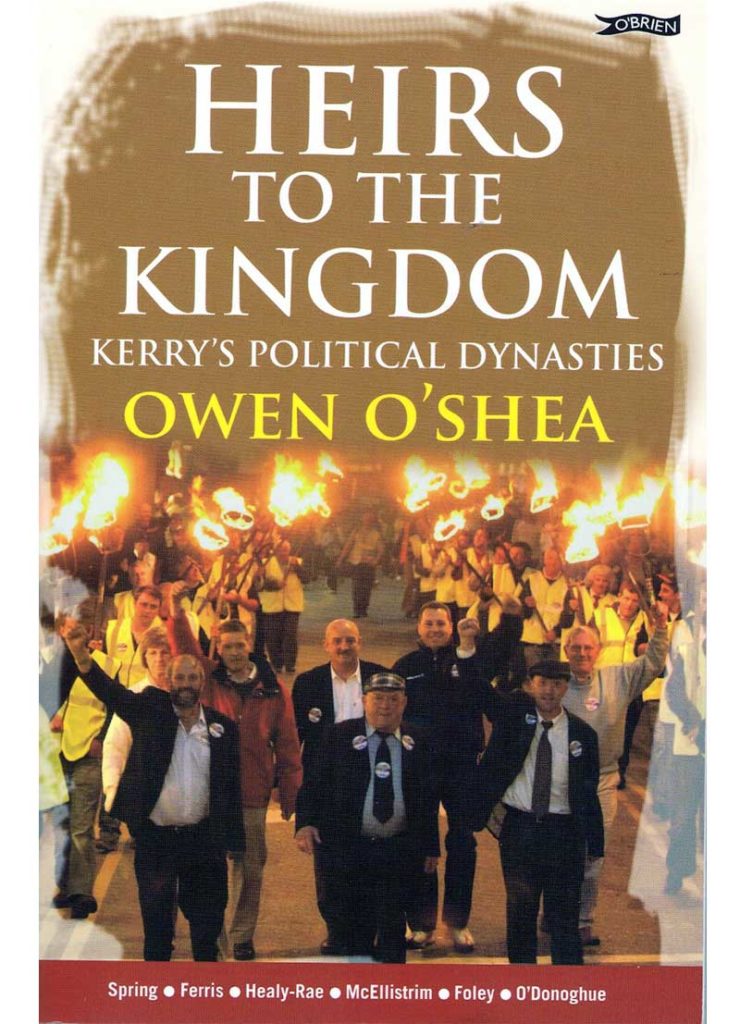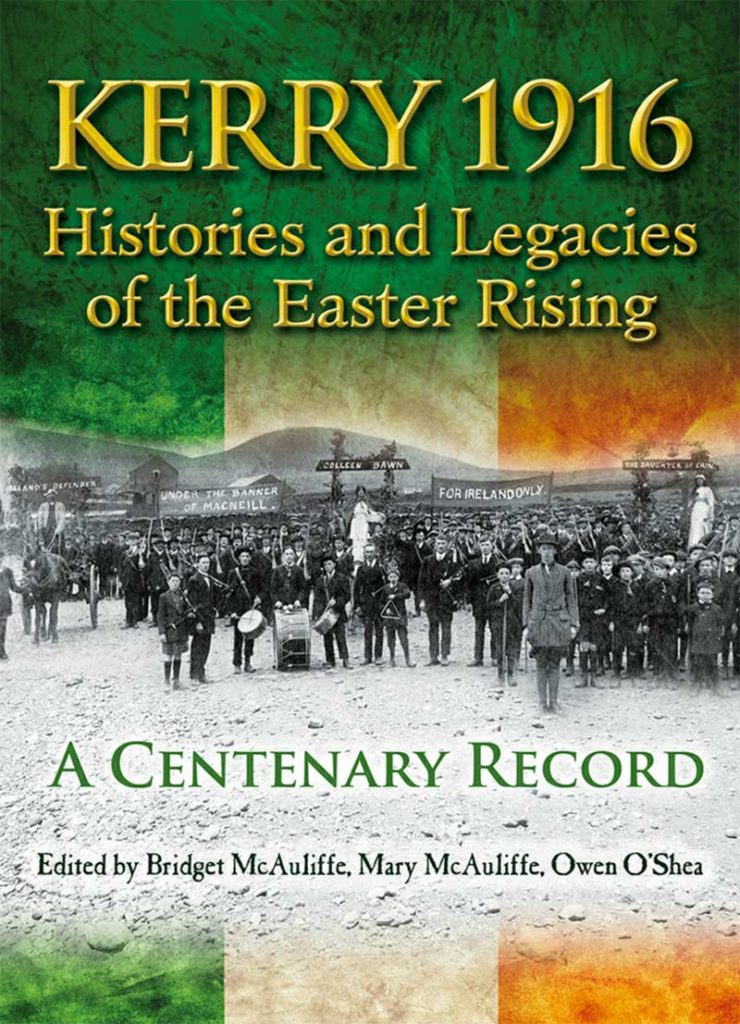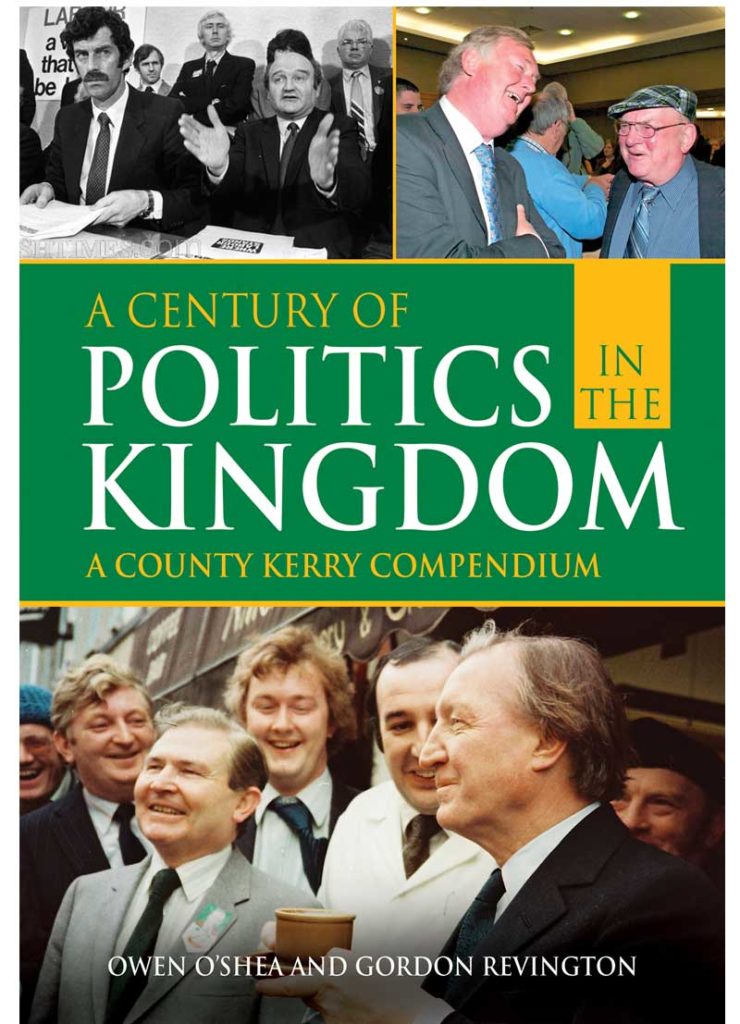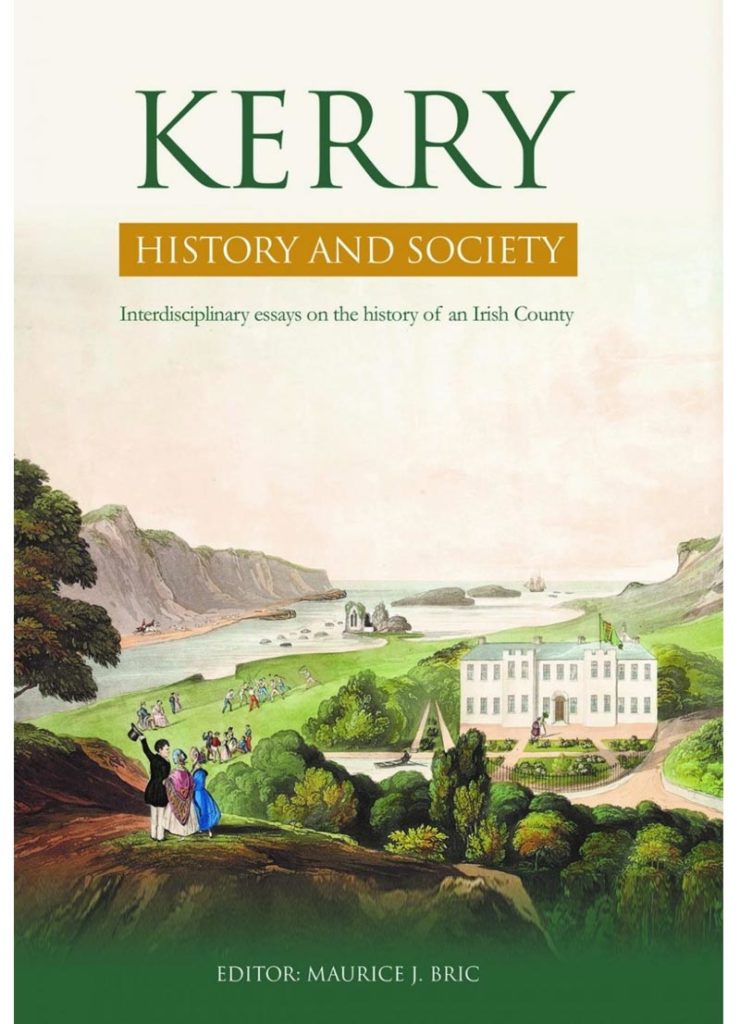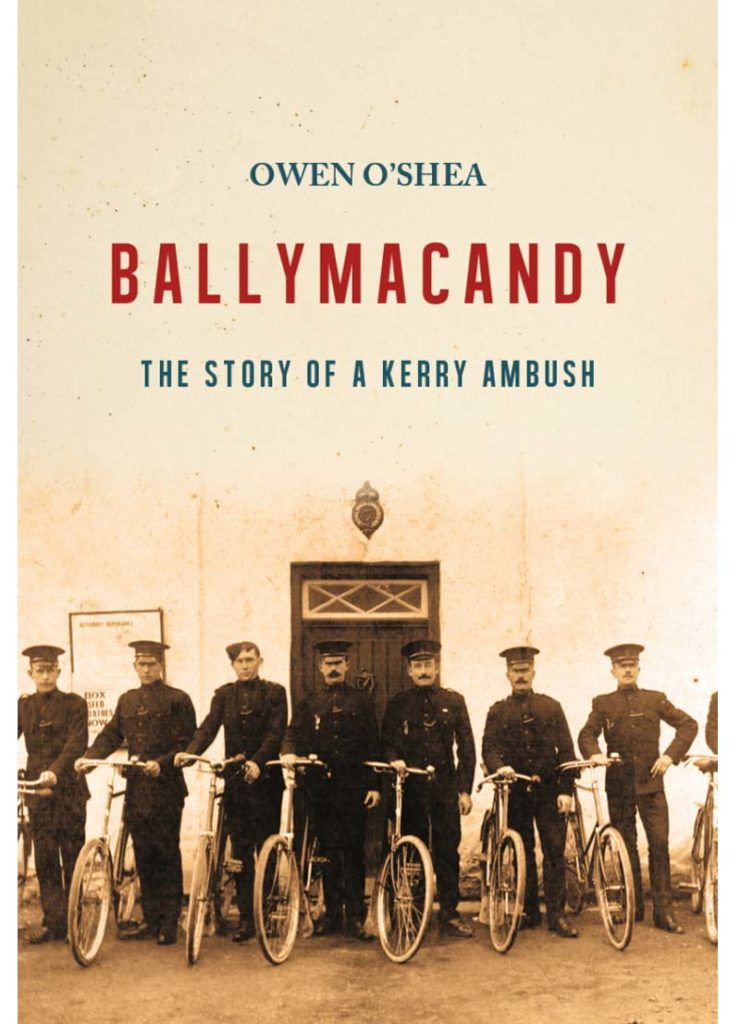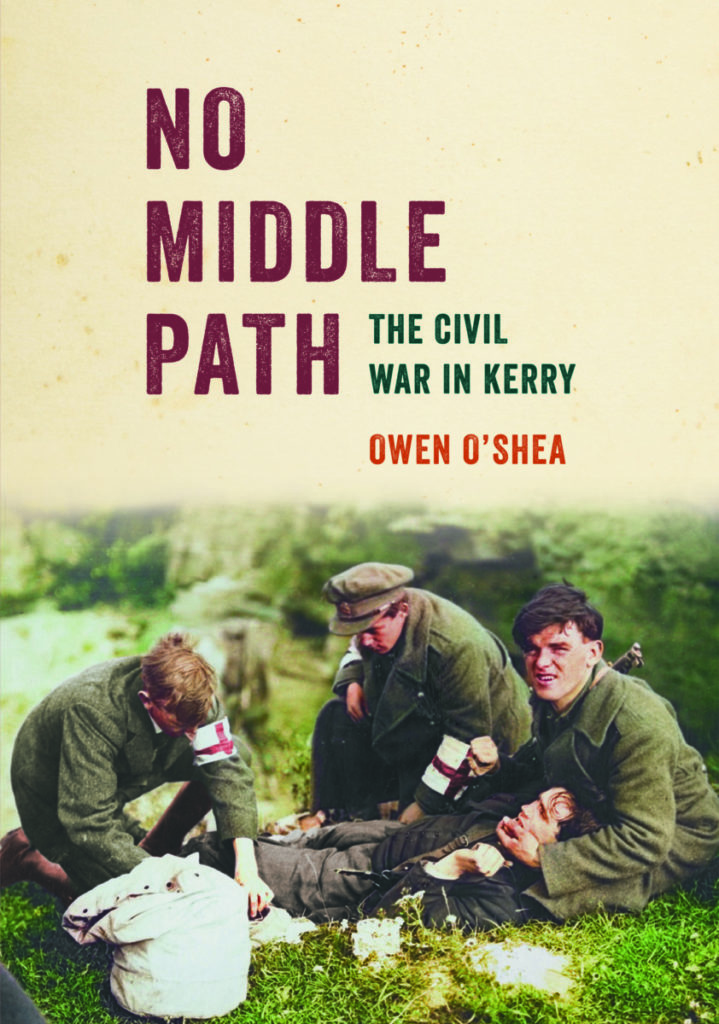One event in Northern Ireland in the early 1970s tested the mettle of those of us in Fianna Fáil who were hoping that the Troubles could be ended by peaceful means. When thirteen people were shot dead by British paratroopers on Bloody Sunday in 1972 it prompted a wave of revulsion across the country. I remember being incredibly angry about what had happened; it seemed to sum up everything that was wrong with Stormont and the intervention of London in Northern Ireland. There were some very emotional statements from the Taoiseach and the leaders of the Opposition in the Dáil the following Tuesday and the House was adjourned for forty-eight hours as a mark of respect. Jack Lynch said it was the saddest occasion on which he had ever addressed the Dáil.
I remember being in the Dáil bar that night where the shock and anger was palpable. A few times I mentioned to colleagues about going to the funerals which were taking place the following day in Derry. I said I wanted to go and pay my respects but nobody else seemed too keen. I think many TDs sympathised with those who had died and their families, but most didn’t want to be seen at a funeral in Northern Ireland. I’d say that others were simply in fear of their lives and that they would be targets for loyalist paramilitaries.
I was in the company of Seán Ruane – whose mother was [my wife] Judy’s aunt and with whom I had stayed in Dublin for many years – and Chris Andrews, a brother of David Andrews TD. I knew Chris well because he owned a bar in Killarney as well as a hotel in Limerick. Chris said it was shameful that so few from the Dáil were willing to travel to the funerals and I agreed.
A few Cabinet ministers, including Brian Lenihan, were representing the government but there were very few backbenchers indicating they would attend. Over a few pints, the three of us decided we would travel to Derry the following morning. Chris offered to drive to the North and picked Seán and myself up outside the Gresham Hotel in his Jaguar car at seven o’clock in the morning.
I wasn’t afraid about travelling to the North on such an emotionally charged day. I was the father of seven children but I had no fears for my personal safety. As we crossed the Border, we were stopped at an RUC checkpoint, and again in Omagh and Strabane. Chris told the police who we were and where we came from. He made it clear in no uncertain terms that we were going to the funerals in Derry to pay our respects. We were asked for identification but I made no reference to the fact that I was a member of the Dáil.
All the funerals were held together in the one church, St Mary’s, in the Creggan area of Derry. We managed to get into the church and it was shocking to see thirteen coffins side by side. I watched the coffins leaving the church, one by one, and the victims’ families and friends crying as they walked behind. I wondered what could ever be done to prevent such senseless loss of life. Most of the Irish government ministers back in Dublin were attending a memorial service to coincide with the funerals but I thought more of them could have been present in Derry. The funeral Mass was carried live on RTÉ television and schools and businesses closed in the Republic to mark an official day of mourning.
As soon as the funerals were over, Chris, Seán and I departed for Dublin. It was a very wet night and travelling conditions were hazardous. We dropped Seán off in Kenilworth Park and I suggested to Chris to book into the Ashling Hotel near Heuston Station, where I was staying for the night but he was anxious to get home as his wife, who was expecting a baby, was due any day. It must have been near midnight when I waved Chris off and wished him well on the journey back to Limerick. When I turned on the radio the following morning, I heard the most terrible news. Chris had been killed in a car accident near the National Stud in County Kildare. The car had skidded when it hit a pool of water, going out of the control and hitting a wall.
The following evening Chris’ remains were removed to a church in Dublin. I was ringing a taxi in the foyer of Leinster House when Jack Lynch and his security man passed by and offered me a lift to the funeral. Many TDs attended because Chris’ brother, David, was then a Fianna Fáil TD. In the car, Lynch referred to my attendance at the funerals in Derry and he said that I had taken a security risk in going there as a member of parliament from the South. I said I was there because I felt it was the right thing to do and that if somebody wanted to shoot me, they could do so whether I had security protection or not. Lynch seemed annoyed that I had gone but he wasn’t angry about it.
But there were several others in the party who were furious. People like Des O’Malley and Gerry Collins chastised me and told me I had taken a huge risk with my personal safety. I think they were also concerned about a backbench TD being seen at a public event like that in the North, and believed that it would somehow give credibility to the IRA campaign. I told them I went up to show my sympathy for those who had been shot without warning, that I went there in a personal capacity and that nobody in Derry would have recognised a backbench TD from south Kerry anyway. Not many people in my constituency knew I had gone to the funerals and I didn’t talk much about it, but when news of my attendance leaked out, it didn’t do me any harm amongst my supporters in the long term.
From ‘On the Doorsteps: Memoirs of a Long-Serving TD’ by John O’Leary (Irish Political Memoirs, 2015) available from Kenny’s Bookshop: On The Doorsteps Memoirs of a long-serving TD – John O’Leary – 9780992748746 (kennys.ie)

